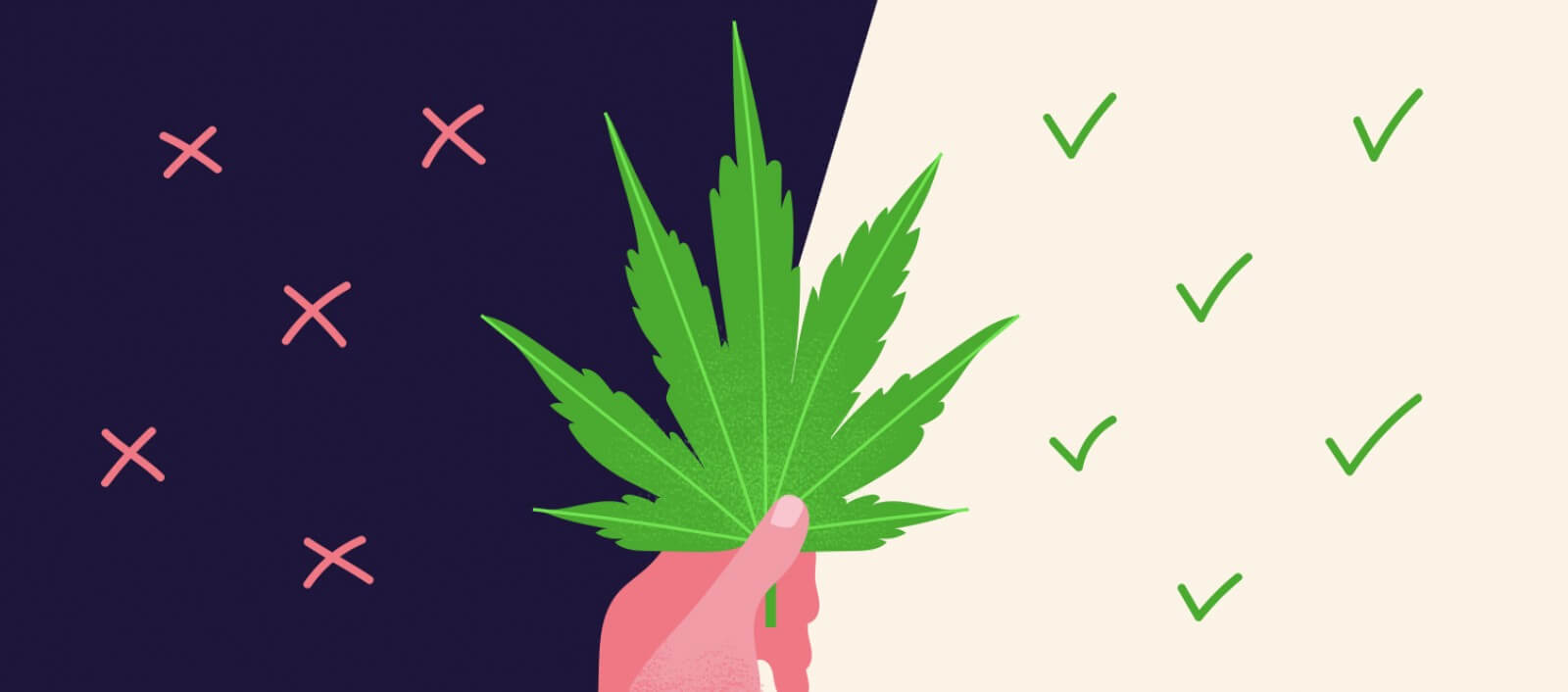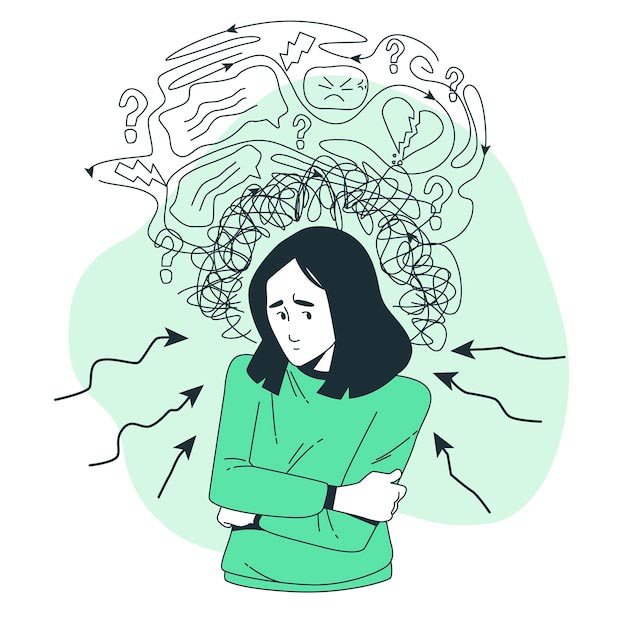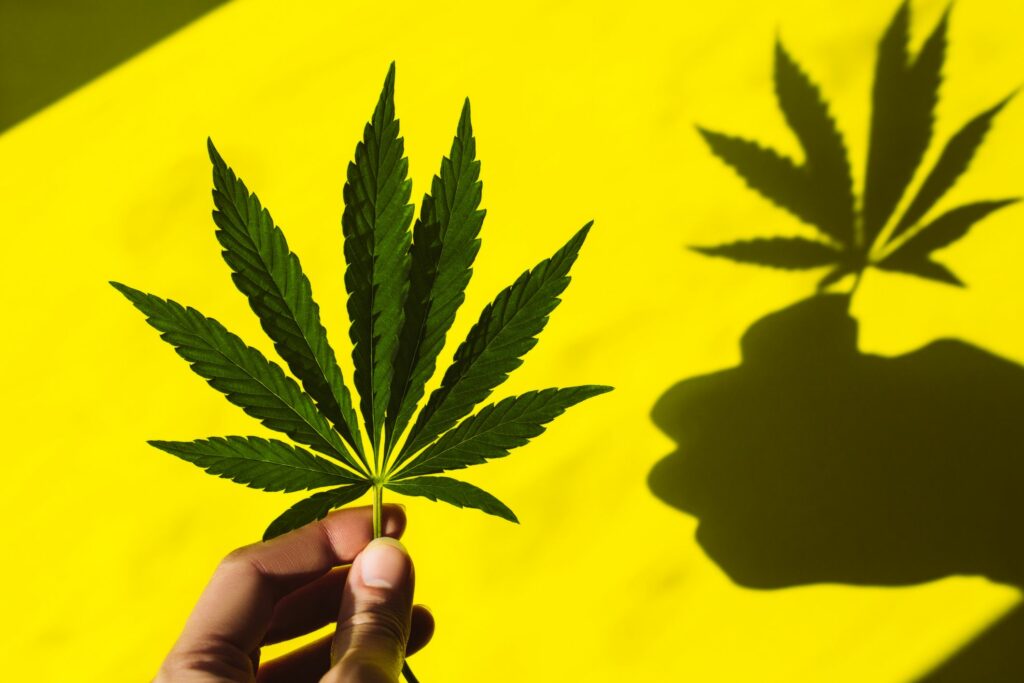Cannabis
Cannabis and Anxiety
In recent years, there has been growing interest in the potential benefits of Cannabis and anxiety relief. Many people with anxiety disorders have reported using marijuana as a means of coping with their symptoms. However, the relationship between cannabis and anxiety is complex, and researchers still do not fully understand the effects of marijuana on mental health. In this comprehensive guide, we will explore the latest research and expert opinions on the subject, providing you with a clear understanding of the pros, cons, and other important factors to consider.
CBD vs. THC: Understanding the Basics
Before delving into the effects of marijuana on anxiety, it is crucial to understand the two main active compounds found in marijuana. THC (tetrahydrocannabinol) and CBD (cannabidiol). THC, the psychoactive compound, is responsible for the ‘high’ associated with marijuana use, whereas CBD, which is non-psychoactive, has demonstrated potential therapeutic benefits for various conditions, including anxiety.
Pros of THC
At lower doses, THC has been found to decrease anxiety symptoms in some individuals. A study conducted on participants exposed to a psychosocial stress task revealed that a low dose of THC reduced the duration of negative emotional responses and post-task appraisals of the stressor. It provided a sense of calmness and increased awareness of sensory experiences, leading to a temporary reduction in anxiety.
Cons of THC
On the other hand, higher doses of THC have shown associations with increased anxiety, negative mood, and subjective distress. It is important to note that individual responses to THC can vary, and factors such as genetic vulnerability, personality traits, dose, strain, and previous anxiety reactions can influence the outcomes. Additionally, regular use of THC can lead to tolerance, potentially exacerbating anxiety symptoms during periods of abstinence.
Benefits of CBD
CBD, on the other hand, has shown consistent anxiolytic (anti-anxiety) effects in various studies. Researchers have discovered that it reduces experimentally induced anxiety in individuals without anxiety disorders and alleviates anxiety symptoms in patients with social anxiety disorder. Unlike THC, CBD does not produce intoxication or reinforce anxiety symptoms at higher doses. However, more research is needed to determine the long-term effects and optimal dosing for anxiety treatment.
Individual Differences in Response to Marijuana

It is important to recognize that individual responses to marijuana can vary significantly. Factors such as genetics, tolerance development, underlying anxiety disorders, and environmental context can influence the effects of marijuana on anxiety. While some individuals may experience temporary relief from anxiety symptoms, others may find that marijuana worsens their anxiety. Understanding these individual differences is crucial in assessing the potential benefits and risks of using marijuana for anxiety management.
The Endocannabinoid System and Anxiety
The endocannabinoid system (ECS) plays a crucial role in regulating anxiety and fear responses in the brain and body. The ECS consists of cannabinoid receptors (CB1 and CB2) and endogenous cannabinoids that modulate neurotransmitters and cellular mechanisms involved in anxiety regulation. Activating CB1 receptors, primarily situated in the brain and central nervous system, has been linked to anxiety reduction. While, CB2 receptors, located in peripheral immune cells and tissues, produce non-psychoactive effects.
The interaction between the ECS and anxiety is complex and multifaceted. Endocannabinoids appear to modulate stress and reward networks, contributing to the balance between distress and well-being. Marijuana intoxication activates cannabinoid receptors, leading to anxiolytic effects, increased cannabinoid and oxytocin receptor activation, and elevated dopamine levels. Conversely, cannabis withdrawal results in reduced ECS tone and lower dopamine levels, potentially exacerbating anxiety symptoms.
Medicinal Use of Cannabis and Anxiety
While anxiety is not currently a qualifying condition for medical marijuana in states that permit its use, studies have demonstrated that a significant number of individuals use marijuana to alleviate symptoms of anxiety. Cross-sectional studies have generally supported the anxiolytic effects of marijuana, with patients reporting improvements in anxiety and relaxation. However, it is important to note that regular marijuana use can lead to tolerance, rebound anxiety upon cessation, and an increased risk of cannabis dependence.
Relationship Between Cannabis and Anxiety Disorders

The association between marijuana use and anxiety disorders is complex and not fully understood. Some studies have shown a prospective link between marijuana use and increased prevalence and incidence of anxiety disorders, while others have found no significant association. Social anxiety disorder (SAD) appears to be the anxiety disorder most strongly correlated with problematic marijuana use, with individuals experiencing SAD being more likely to use marijuana as a means of self-medication.
Expert Opinions and Recommendations
Experts in the field of mental health emphasize the need for well-controlled studies to establish the efficacy and safety of marijuana for anxiety treatment. While some individuals may experience short-term relief from anxiety symptoms. However, it is crucial to carefully consider the long-term effects and potential risks of regular marijuana use. It is important to consult with healthcare professionals who specialize in mental health. This is to determine appropriate treatment options for anxiety disorders.
Conclusion
The relationship between marijuana and anxiety is complex, with both potential benefits and risks to consider. While THC can provide temporary anxiety relief at lower doses. It may exacerbate symptoms at higher doses and during periods of abstinence. On the other hand, research has consistently demonstrated anxiolytic effects, although further studies are necessary to determine optimal dosing and long-term effects. Individual differences in response to marijuana, along with the potential for tolerance and dependence. Thus, highlighting the importance of personalized treatment approaches. Consulting with healthcare professionals is crucial in making informed decisions about using marijuana for anxiety management.

